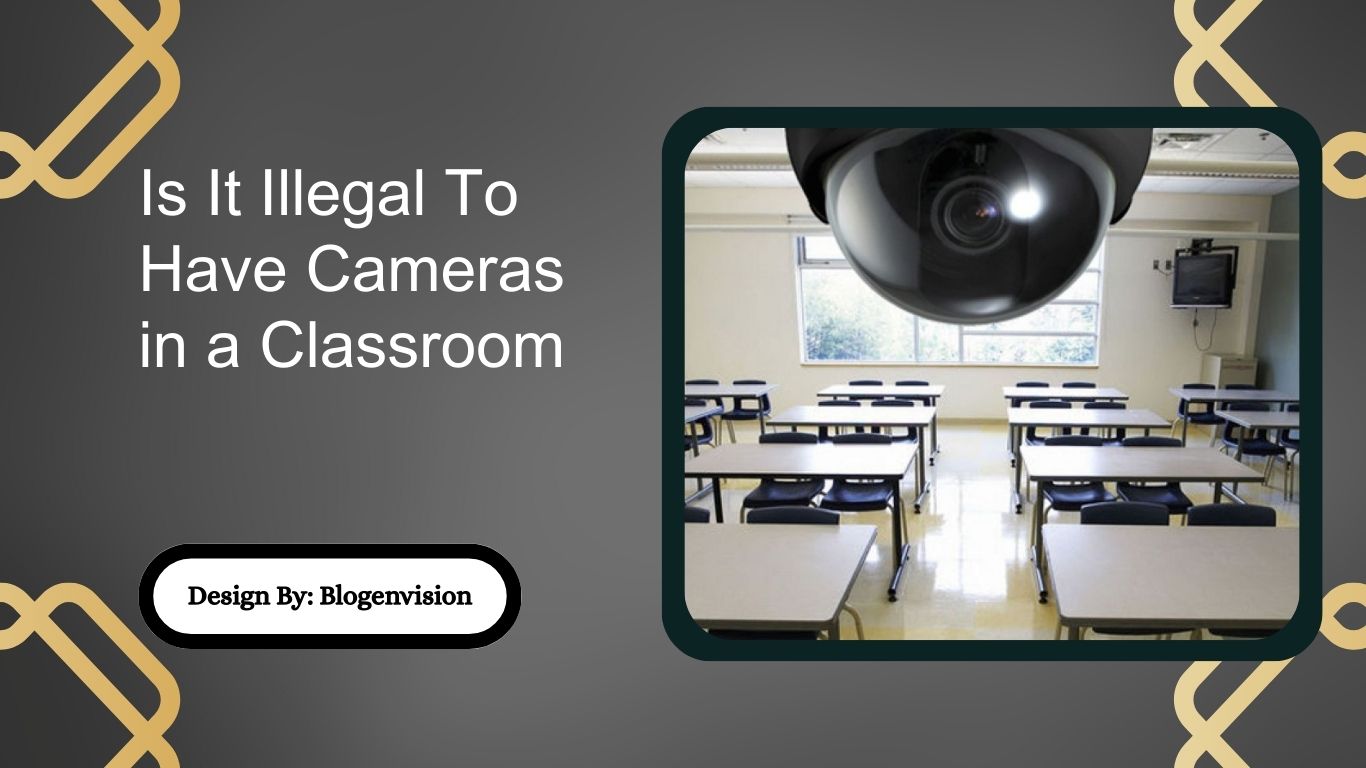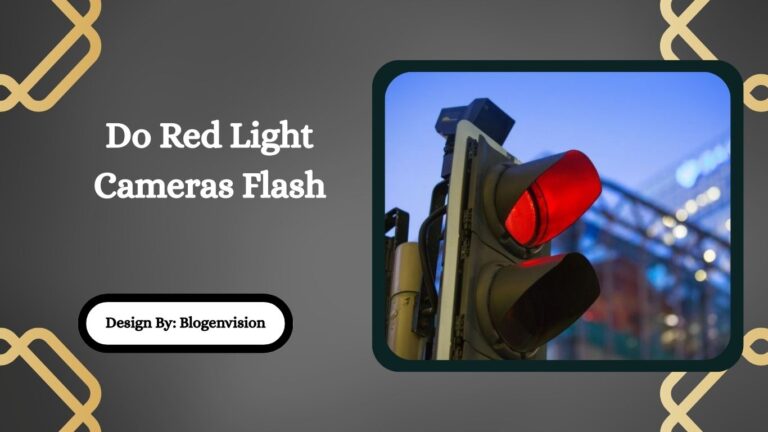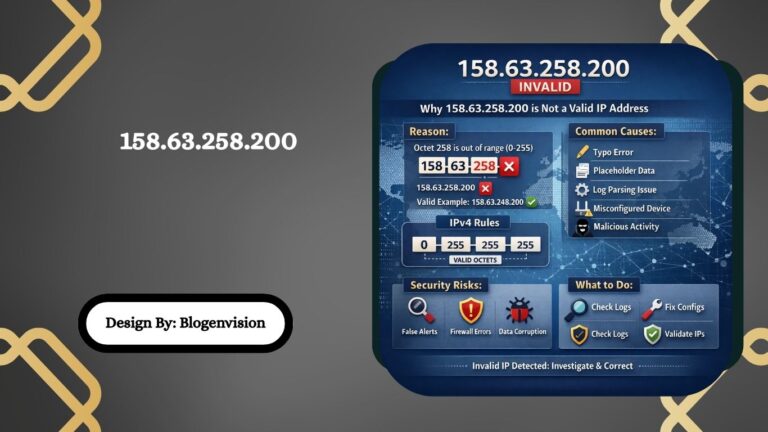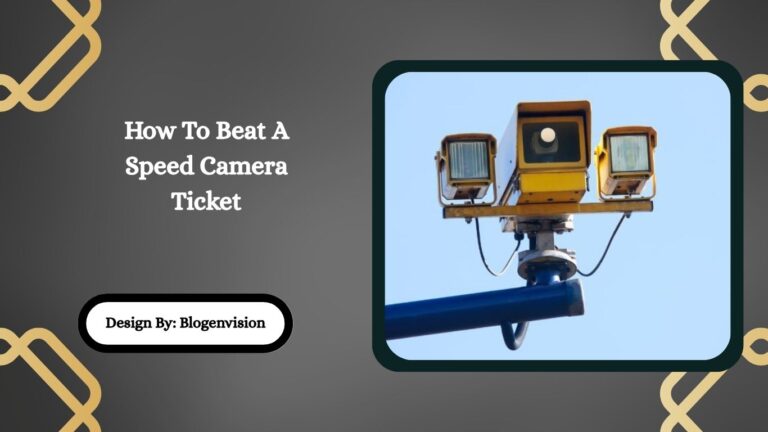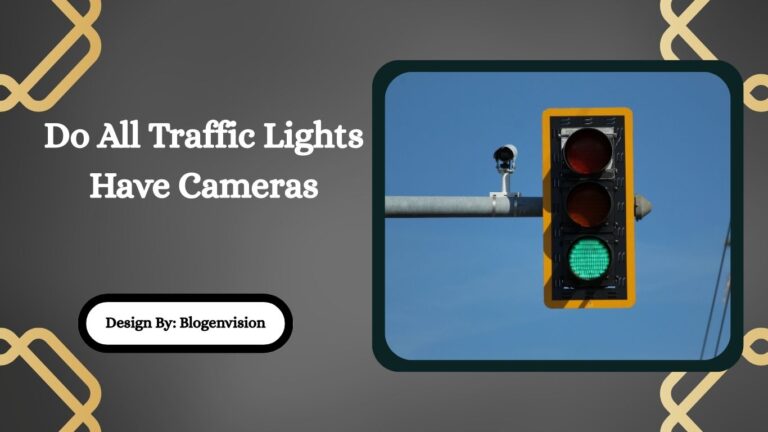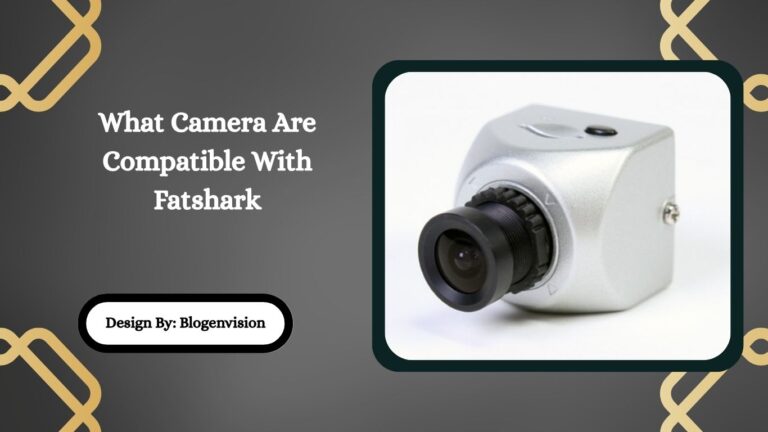Is It Illegal To Have Cameras in a Classroom – Explained Guide!
Whether classroom cameras are illegal depends on local laws. Some places allow them for safety with consent, while others ban secret recordings. Always check state/country rules and privacy laws before installing cameras.
Introduction:
Schools and parents often wonder: Is it illegal to have cameras in classrooms? Or, Is it legal to have cameras in classrooms? The answer depends on where you live, why the cameras are being used, and who is being recorded.
Cameras in schools can help with safety, discipline, and teacher training, but they also raise big privacy concerns. Some places allow them, while others have strict rules. This article will explain:
- Laws about cameras in classrooms (U.S. and other countries)
- Why schools use cameras
- Privacy risks for students and teachers
- What parents and teachers should know
Let’s break it down in simple terms.
Is It Legal to Have Cameras in Classrooms?
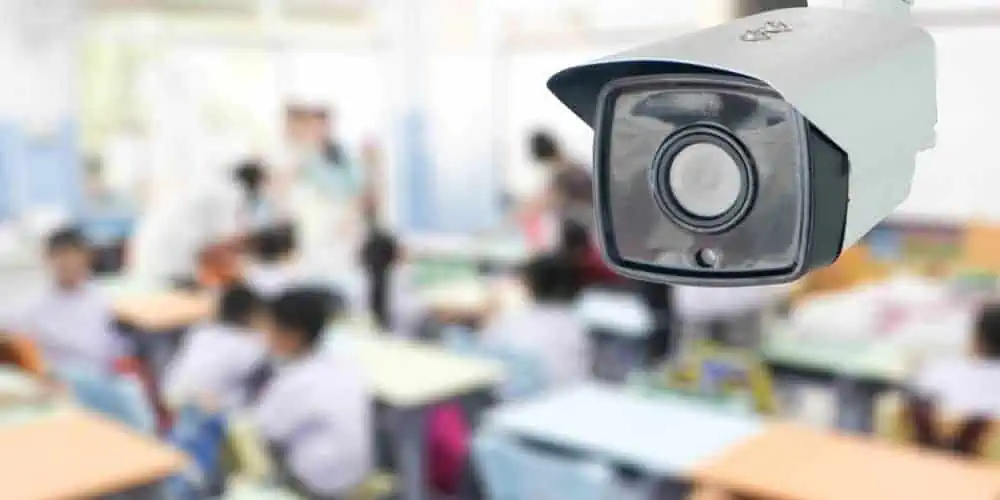
Where It’s Allowed?
Some schools use cameras for security and safety. Here’s where it’s usually legal:
- Hallways and entrances (most schools have cameras here)
- Common areas (like cafeterias and gyms)
- Special education classrooms (sometimes used for safety)
In some cases, private schools or daycare centers may use cameras if:
- Parents agree to it (written consent)
- The cameras only record video (no audio, which is more restricted)
Where It’s Not Allowed or Restricted?
Some places ban or limit cameras in classrooms because of privacy laws:
- Two-party consent states (U.S.) In California, Florida, Washington, and others, everyone being recorded must agree. Secret recordings could be illegal.
- Audio recording laws Many states ban recording conversations without permission.
- Student privacy laws (FERPA in the U.S.) Schools must protect student records, and video footage could be considered private.
- GDPR (Europe) Strict rules on recording minors.
Key Answer: Is it illegal to have cameras in classrooms? It depends on your location and how the cameras are used.
Why Schools Install Cameras in Classrooms?
The idea of installing cameras in classrooms has become increasingly common in many schools worldwide. From ensuring safety to improving accountability, classroom cameras can play multiple roles. However, the decision to use them is complex, as it raises both legal and privacy concerns. Let’s break down the main reasons why schools consider classroom surveillance.
Safety and Security Reasons
One of the top reasons schools install cameras is to enhance safety. Cameras act as a deterrent against intruders, unauthorized visitors, and potential threats. In case of emergencies, footage can help law enforcement understand what happened quickly.
Preventing Bullying and Misconduct
Bullying is a serious problem in schools, and cameras can help reduce it. When students know they are being monitored, they are less likely to engage in harassment or misconduct. Recorded evidence can also help administrators resolve conflicts fairly.
Teacher Accountability and Performance
Classroom cameras are not just about students—they can also impact teachers. Some schools use them to evaluate teaching quality and ensure professional standards are met. Cameras can also protect teachers from false accusations, creating a more transparent environment.
Are Cameras in Classrooms Legal?
The legality of classroom cameras depends on where you live. Different regions have different rules about surveillance, consent, and student privacy.
U.S. Federal Laws (FERPA and Privacy Rules)
In the United States, the Family Educational Rights and Privacy Act (FERPA) protects student educational records. While cameras are not specifically banned, schools must ensure that video recordings do not violate a child’s privacy or become part of their permanent educational record.
State-Specific Laws on Classroom Cameras
Some states allow classroom cameras under strict conditions, while others ban them entirely. For example, a few U.S. states require parental consent before recording, while others allow silent surveillance without notification. Always check your local laws before installing cameras.
International Regulations (UK, Canada, etc.)
Globally, laws differ significantly.
- United Kingdom: Cameras are legal if schools follow GDPR rules and inform parents.
- Canada: Provinces regulate camera use, often requiring transparency and clear policies.
- Australia: Cameras are allowed, but privacy acts limit misuse.
Privacy Concerns With Classroom Cameras
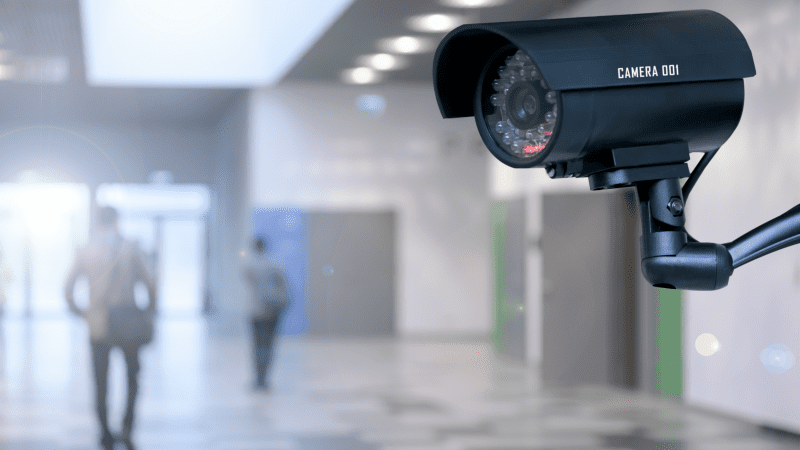
While cameras can increase safety, they also bring serious privacy challenges for students, teachers, and families.
Student Privacy and Consent Issues
Recording minors is always sensitive. Parents may worry that their child’s behavior, identity, or personal interactions could be exposed without permission. In many places, parental consent is required before video recording students.
Teachers’ Rights and Legal Challenges
Teachers may feel uncomfortable being monitored all day. Some teacher unions argue that constant surveillance creates stress and limits creativity. In extreme cases, teachers have legally challenged schools over camera policies.
Parent Concerns About Surveillance
Parents often have mixed feelings. While some support cameras for safety, others worry about over-surveillance and misuse of data. Transparency, clear communication, and proper data handling are key to easing these concerns.
Pros and Cons of Classroom Surveillance
Every tool has strengths and weaknesses, and cameras in classrooms are no exception.
Benefits of Cameras in Schools
- Increases safety and security
- Helps prevent bullying and misconduct
- Provides evidence in case of disputes
- Improves accountability for teachers and students
Potential Risks and Misuse
- Breach of student and teacher privacy
- Risk of footage leaks or hacking
- Creates a stressful learning environment
- Misuse by school administration or outsiders
Do Schools Need Permission to Record Students?
Consent is one of the most important factors when deciding whether cameras are legal in classrooms.
Role of Parental Consent
In many countries, schools cannot record students without parental approval. Parents usually need to sign forms acknowledging that cameras are in use, especially if audio recording is involved.
What Schools Must Disclose to Families?
Schools are often required to notify families about:
- Where cameras are installed
- Whether audio is recorded
- Who has access to the recordings
- How long footage is stored
Clear disclosure builds trust and ensures compliance with privacy laws.
What Are the Alternatives to Cameras?
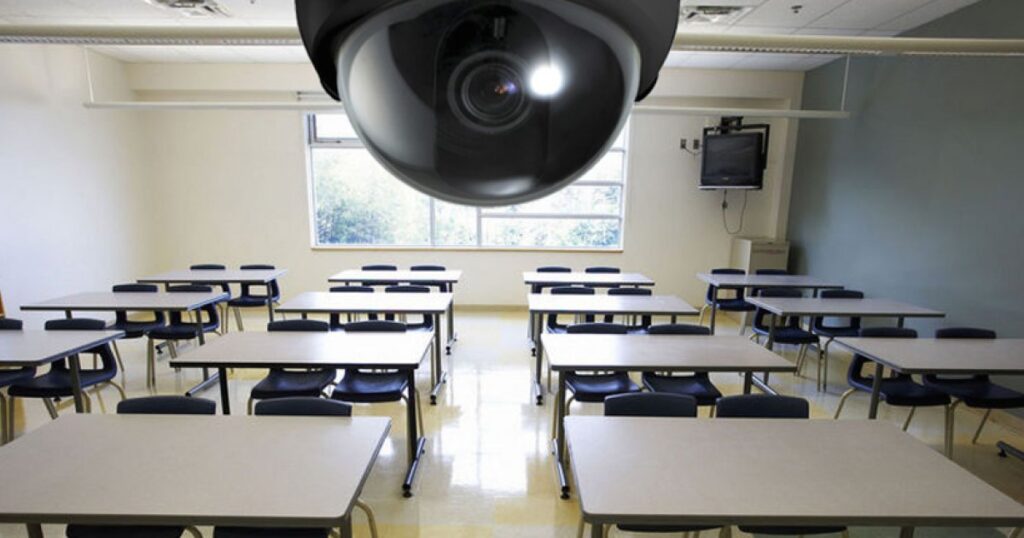
If cameras cause legal or privacy issues, schools can try:
- More staff supervision (teachers or security in hallways)
- Anonymous reporting systems (for bullying or threats)
- Controlled door access (keycards for entry)
What Should Parents and Teachers Do?
For Parents:
- Ask the school if they use cameras.
- Check consent forms (some schools require permission).
- Know your state’s recording laws.
For Teachers:
- Ask about camera policies before accepting a job.
- In two-party consent states, you may have the right to refuse recording.
- Report misuse if cameras are hidden or used unfairly.
FAQs:
1. Can parents demand the removal of classroom cameras?
Yes, if recording violates privacy laws or school policies. Parents in two-party consent states can refuse unauthorized recordings of their children.
2. Do cameras reduce bullying in schools?
Studies show cameras can deter bullying in common areas, but hidden classroom cameras may create distrust without solving root causes.
3. Can teachers be fired for disabling cameras?
If cameras are mandatory per school policy, disabling them may lead to discipline. However, teachers in two-party states may have legal protection.
4. Are nanny cams allowed in daycare classrooms?
Some daycares allow parent-monitored cameras with staff consent. However, secret recordings may violate wiretapping laws in strict states.
5. Can students record teachers without permission?
In most states, students need teacher consent to record audio. Video rules vary—some schools ban all personal recordings to protect privacy.
Conclusion:
The legality of classroom cameras varies widely depending on state, country, and the way they are used. In some places, cameras are legal if schools obtain parental consent, avoid audio recording, and follow clear privacy rules. In others, hidden or unauthorized cameras may violate laws and create ethical concerns. While cameras can help improve safety, prevent bullying, and promote accountability, they also raise privacy challenges for students, teachers, and parents.
To avoid legal risks, schools must be transparent, communicate policies clearly, and comply with local and federal regulations. When uncertain, consulting legal experts is the best way forward. Ultimately, classroom cameras should balance safety with respect for privacy, trust, and open communication.

